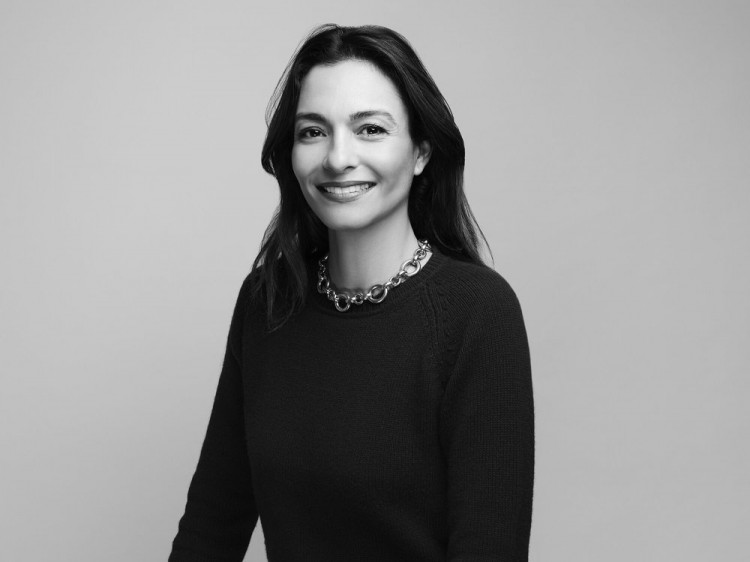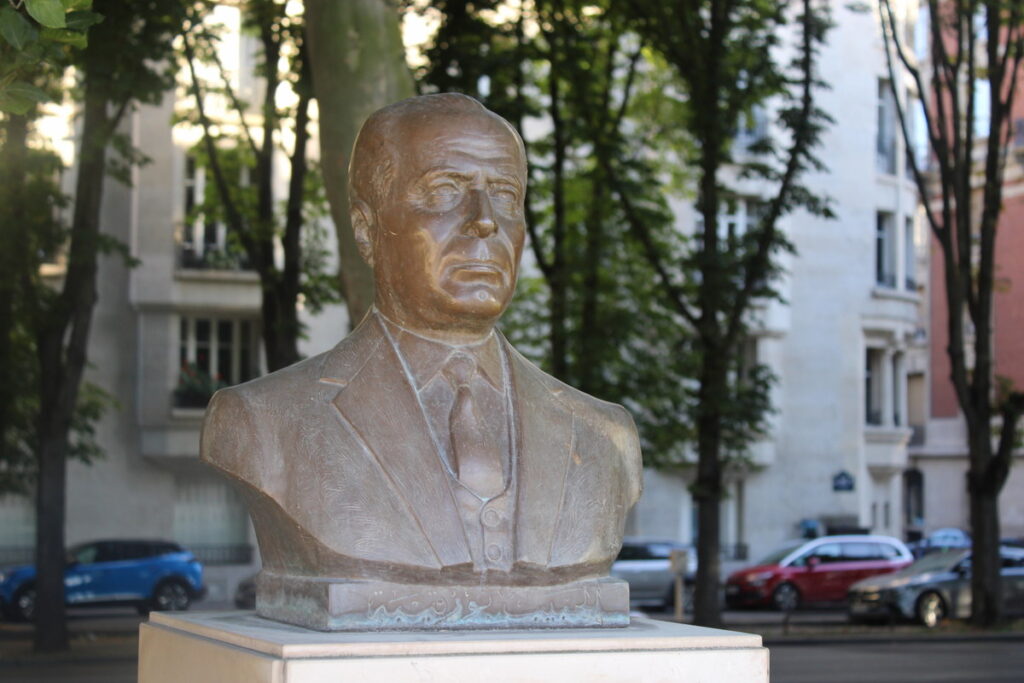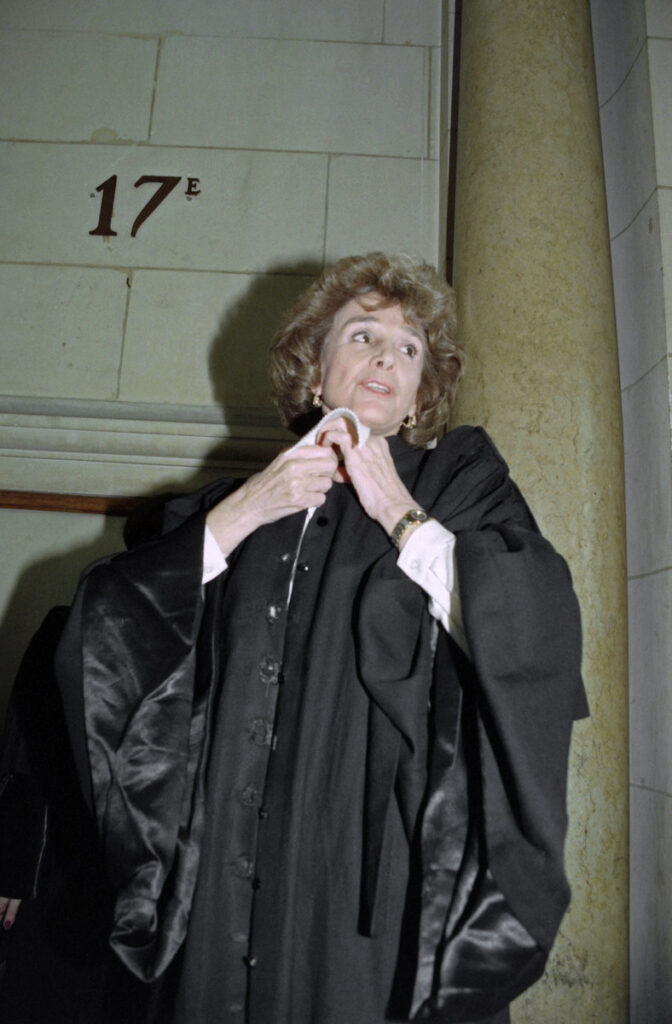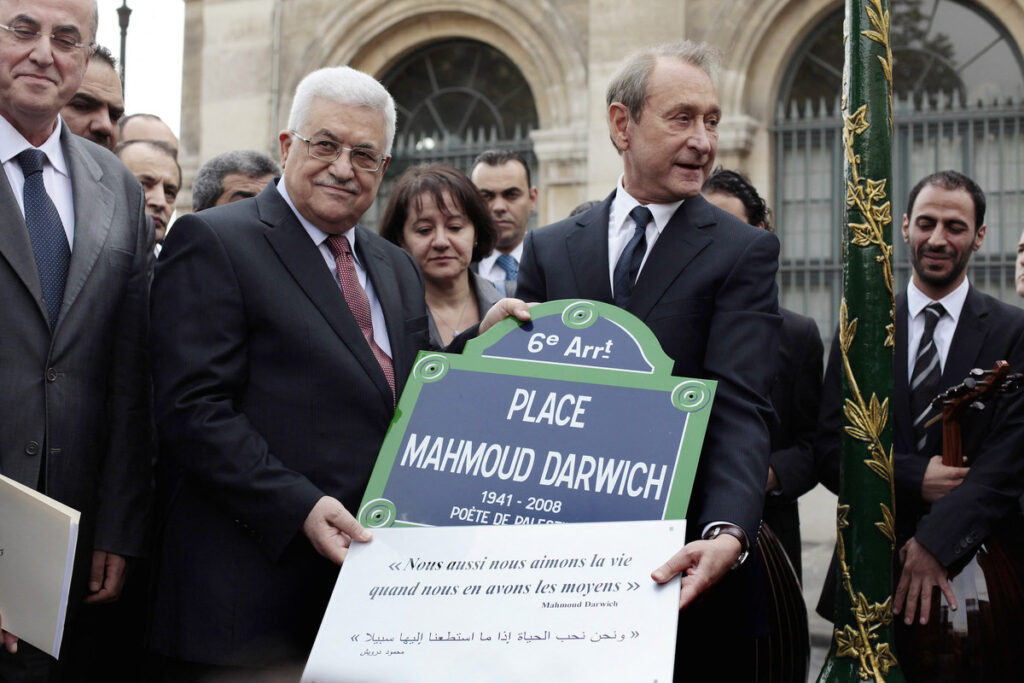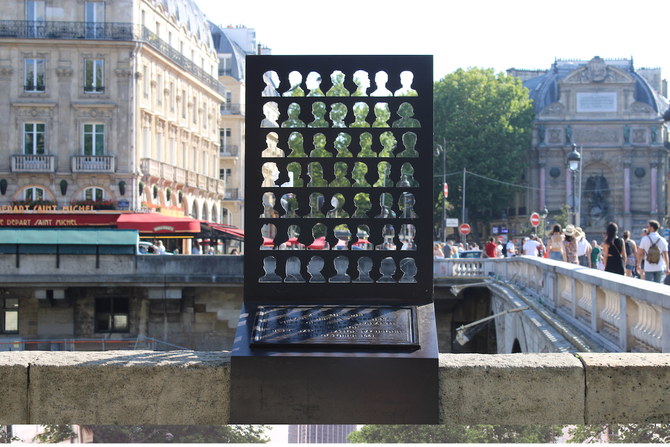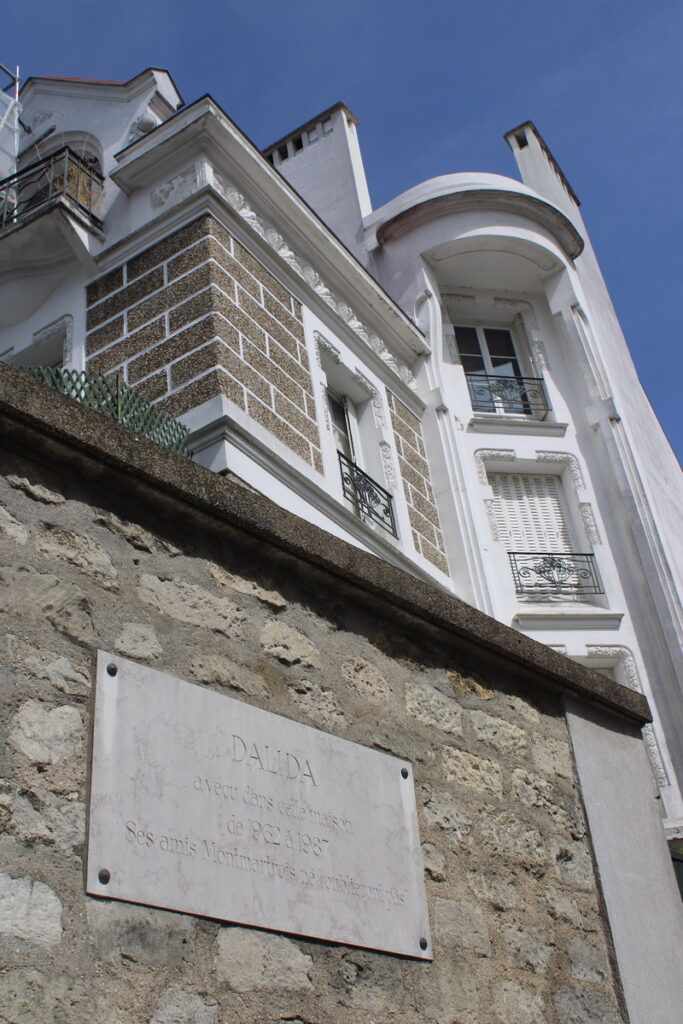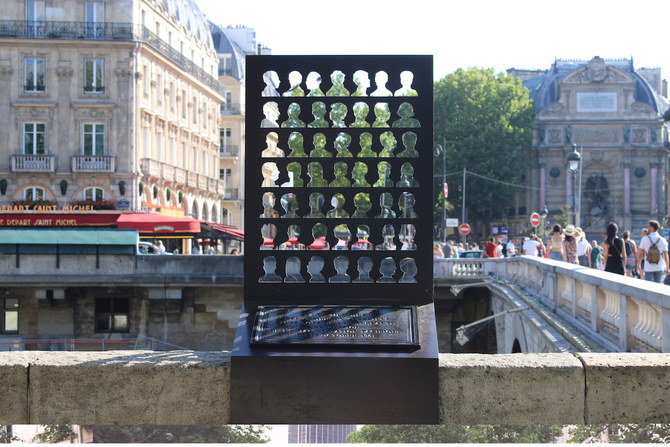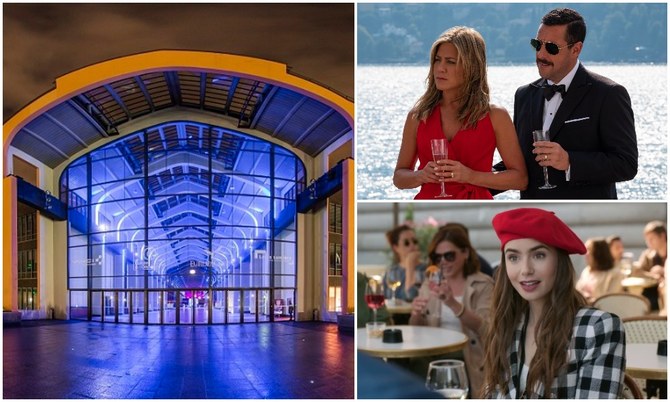Kassem Istanbouli, Lebanese actor-director, and Hajer Ben Boubaker, French researcher and sound director, were awarded the 19th UNESCO-Sharjah Prize for Arab Culture at an award ceremony at UNESCO Headquarters in Paris on 26th June 2023.
The event, organised by the Sharjah Department of Culture in collaboration with UNESCO, celebrated the achievements of two winners.
The ceremony was attended by Abdullah bin Mohammed Al Owais, Chairman of the Sharjah Department of Culture; Ernesto Ottone Ramirez, Assistant Director-General for Culture at UNESCO; Mohammed Ibrahim Al Qasir, Director of the Department of Cultural Affairs in Sharjah; Ahmed Al Mulla, Deputy Ambassador of the UAE to France, and Aisha Al Kamali, Representative of the Cultural Attaché at the Embassy of the UAE in France, along with dignitaries, writers, intellectuals and accredited diplomats to the United Nations (UN).
Al Owais and Ramirez presented the 19th edition of the UNESCO-Sharjah Prize for Arab Culture to Istanbouli, winner of the Arab Personality Award, and Ben Boubaker, winner of the Non-Arab Personality Award.
The UNESCO-Sharjah Prize for Arab Culture recognizes recipients’ outstanding artistic achievements celebrating Arab art and culture globally. Core to UNESCO’s anti-racism and anti-discrimination agenda, the Prize promotes peace and dialogue to foster intercultural understanding and celebrate diversity.
For this 19th edition of the Prize, the international jury recognized Mr Istanbouli and Ms Ben Boubaker’s extraordinary contributions to promoting the arts and Arab culture and supporting their local communities.
Kassem Istanbouli is a Lebanese actor and director. Since 2014, he has led the rehabilitation of historical cinemas in Lebanon, including Stars Cinema in Nabatieh, and Al-Hamra and Rivoli in Tyre, abandoned or destroyed during civil war.
Mr Istanbouli is involved with several international projects focused on skills enhancement, youth empowerment and collaborative partnerships. In 2020 he co-founded the Arab Culture and Arts Network (ACAN) to design and implement online cultural activities across the Arab region. The Network includes over 700 organizational and individual members from across the world.
Mr Istanbouli is also director and founder of the Lebanese National Theater in Tyre and the Lebanese National Theater in Tripoli and has been a project manager at the Tiro Association for Arts in Lebanon since 2014.
Hajer Ben Boubaker is a French-Tunisian independent researcher and sound director. Her research focuses on a socio-historical analysis of Arab music and the cultural history of the Maghreb community in France and around the world.
In 2018, she created and self-produced the Vintage Arab podcast, which explores Arabic musical heritage. At the intersection of research and art, the podcast allows her to keep a foot in each sphere.
Ms Ben Boubaker is a producer and documentary director for France Culture, where her work questions the sound and political memory of immigration. As a researcher, she is associated with the Arab and Oriental music collection at the Bibliothèque nationale de France, and continues to write for scientific journals, including “Paris, capitale maghrébine: une histoire Populaire” in October 2023.
Created in 1998 and run by UNESCO at the initiative of the United Arab Emirates, the UNESCO-Sharjah Prize awards two laureates per year — individuals, groups or institutions — in recognition of their contribution to Arab art and culture, or for participating in the dissemination of the latter outside the Arab world.
The initiative contributes towards the Organization’s objective of fostering inclusive, resilient and peaceful societies. The Prize carries a monetary value of USD 60,000, which is equally divided between the two laureates.
source/content: wam.ae (headline edited)
__________
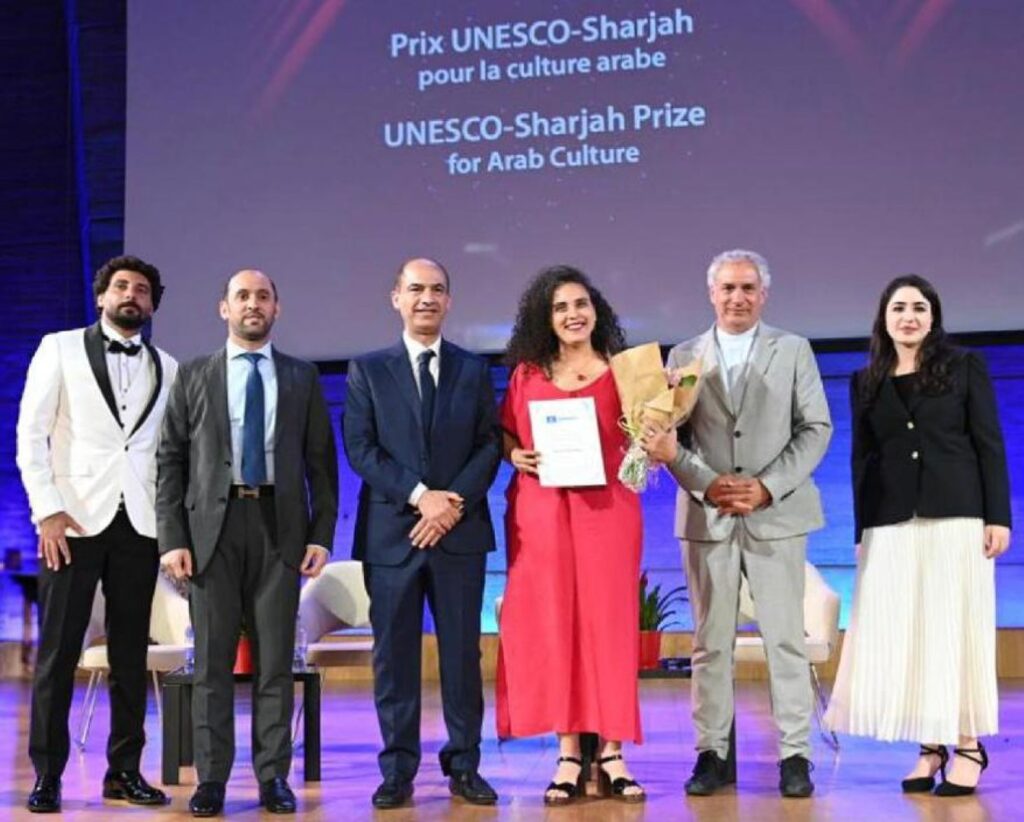
__________________________________________________
SHARJAH, UAE / LEBANON / TUNISIAN-FRENCH
